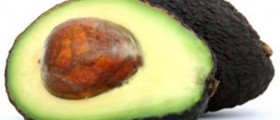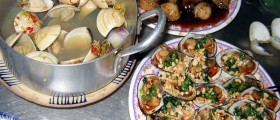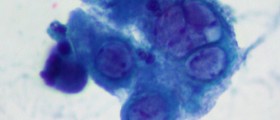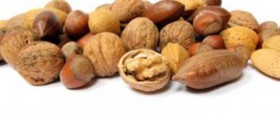
L-arginine is an amino acid which can be synthesized in the body and that represents the only dietary source of nitric oxide, important for good cardiovascular health.
L-arginine and D-arginine are forms of arginine, one of twenty amino acids that constitute protein. It is a non-essential amino acid and it is called that not because it is not important but because it means that the body can synthesize it on its own, using dietary sources. The body’s ability to synthesize it depends on the age and the overall health. Newborn babies do not yet have the ability to produce l-arginine on their own and they take it from dietary sources directly.
Benefits of arginine
There has been much talk lately about the benefits of l-arginine, and the studies have been showing more and more areas in which this amino acid can be helpful, if not vital.
It has been found that l-arginine promotes good cardiovascular health, boosts the immune system, improves sexual function in both men and women, improves hormone production and release, regulates blood pressure and cholesterol, helps burn fat and build muscle mass, speeds up the recovery after injuries, surgical procedures and illnesses, reduces the accumulation of ammonia and plasma lactate, helps with hot flashes during menopause, and many more.
Doctors recommend arginine-rich foods or supplements to men who have problems maintaining erection and who need to improve ejaculate volume and quality, to body builders, to couples who have problems conceiving and to people who are trying to lose weight. Arginine can help with liver disorders, Alzheimer’s, arthritis, cancer, inherited urea cycle disorders, menstrual problems, sleep disorders, allergies, herpes, depression, and stress management.
Foods rich in arginine
The best sources of arginine include sesame seeds, pumpkin seeds, macadamia nuts, brazil nuts, pistachios, hazelnuts, almonds, pine nuts, walnuts, pecans, winter squash, snails, wheat germ, peanut butter, coconut and bran flakes. It can also be found in watermelon, buckwheat, oatmeal, cottage cheese, ricotta, yogurt, pork, beef, poultry, halibut, salmon, lobster, tuna, granola and soybeans.
The problem is that arginine and lysine compete with each other for assimilation and one excludes the other, so the two should be taken at least two hours apart.
Arginine side effects
The main side effect of arginine supplements is that it blocks lysine, which is important for controlling viral infections. Pregnant and nursing women should be careful with their arginine intake.
Other side effects of high doses of l-arginine include coarse and thick skin, nausea, diarrhea, gastrointestinal problems, muscle weakness, hair loss, liver problems and delay in wound healing.

















Your thoughts on this
Loading...